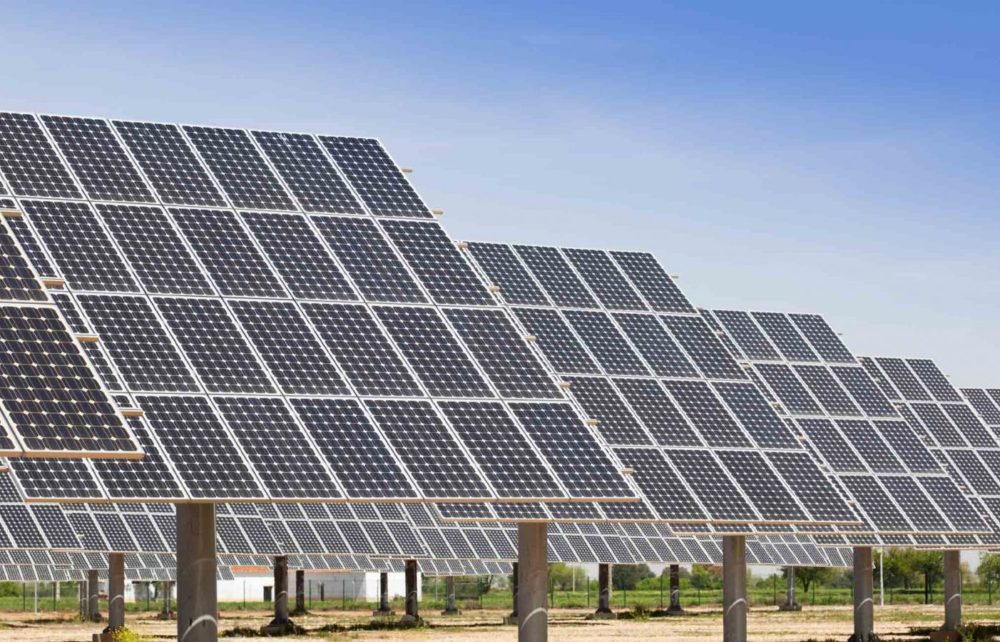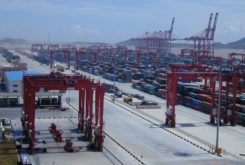EDP announced the allocation of a EUR 1 million financing to 10 clean energy access projects in 5 African countries, including Mozambique, within the scope of the ‘Access to Energy’ fund.
“The use of decentralized solar production and energy storage technologies are common features of the 10 projects selected in the 5th edition of the A2E fund (‘Access to Energy’)”, the electricity company said in a statement.
From the total of 192 applications submitted, projects from organizations in five African countries were selected – Nigeria, Kenya, Rwanda, Malawi and Mozambique – for a total funding of EUR 1 million.
EDP to promote renewable energy in 4 African countries, including Mozambique and Angola
Among the initiatives in question are electrification systems for small clinics, lighting for primary schools, energy supply for agricultural production and solar mini-grids.
It is estimated that these projects could have an impact on the lives of around half a million people.
Fundación Ibo, in Mozambique, presents an energy project to be applied in educational centers in Cabo Delgado.
EDP developing 4.3 GW of renewables capacity in Europe, Americas and Asia
Nigeria accounts for four of the 10 selected projects, being, once again, the country with the most initiatives supported by the fund.
The project by CEESolar Energy aims to help 250 rice producers improve their productivity, while the PAMAfrica Green Power Generation project wants to create a ‘net-zero village’, with mini-grid systems, and Husk Power Energy Systems wants to invest in storage systems and guarantee clean energy in rural health centers. Retech foundation intends to electrify five schools with solar systems.
In Kenya, Centrum Narovinu will develop a project in a community of orphaned children and vulnerable families which guarantees energy supply for agricultural and educational activities, and in Rwanda two projects were chosen, one from the Society for Family Health, which will electrify health centers and guarantee drinking water systems in the region with the least access in the entire country, and another from the Sustainable Villages Foundation, which is creating a “electrification pilot for a small community to support its agricultural activities, health and education”.




